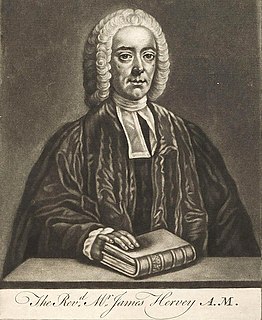A Quote by Ahmed Zewail
From the dawn of history, science has probed the universe of unknowns, searching for the uniting laws of nature.
Related Quotes
The exercise of magical power is the exercise of natural powers, but superior to the ordinary functions of Nature. A miracle is not a violation of the laws of Nature, except for ignorant people. Magic is but a science, a profound knowledge of the Occult forces in Nature, and of the laws governing the visible or the invisible world. Spiritualism in the hands of an adept becomes Magic, for he is learned in the art of blending together the laws of the Universe, without breaking any of them and thereby violating Nature.
The assumption that the laws of nature are eternal is a vestige of the Christian belief system that informed the early postulates of modern science in the seventeenth century. Perhaps the laws of nature have actually evolved along with nature itself, and perhaps they are still evolving. Or perhaps they are not laws at all, but more like habits.
We know only a single science, the science of history. History can be contemplated from two sides, it can be divided into the history of nature and the history of mankind. However, the two sides are not to be divided off; as long as men exist the history of nature and the history of men are mutually conditioned.
The initial configuration of the universe may have been chosen by God, or it may itself have been determined by the laws of science. In either case, it would seem that everything in the universe would then be determined by evolution according to the laws of science, so it is difficult to see how we can be masters of our fate.
The world of strict naturalism in which clever mathematical laws all by themselves bring the universe and life into existence, is pure [science] fiction. Theories and laws do not bring matter/energy into existence. The view that they nevertheless somehow have the capacity seems a rather desperate refuge...from the alternative possibility...Trying to avoid the clear evidence for the existence of a divine intelligence behind nature, atheist scientists are forced to ascribe creative powers to less and less credible candidates like mass/energy and the laws of nature.
I define science fiction as the art of the possible. Fantasy is the art of the impossible. Science fiction, again, is the history of ideas, and they're always ideas that work themselves out and become real and happen in the world. And fantasy comes along and says, 'We're going to break all the laws of physics.' ... Most people don't realize it, but the series of films which have made more money than any other series of films in the history of the universe is the James Bond series. They're all science fiction, too - romantic, adventurous, frivolous, fantastic science fiction!
For the religious, passivism [i.e., objects are obedient to the laws of nature] provides a clear role of God as the author of the laws of nature. If the laws of nature are God's commands for an essentially passive world ..., God also has the power to suspend the laws of nature, and so perform miracles.

































